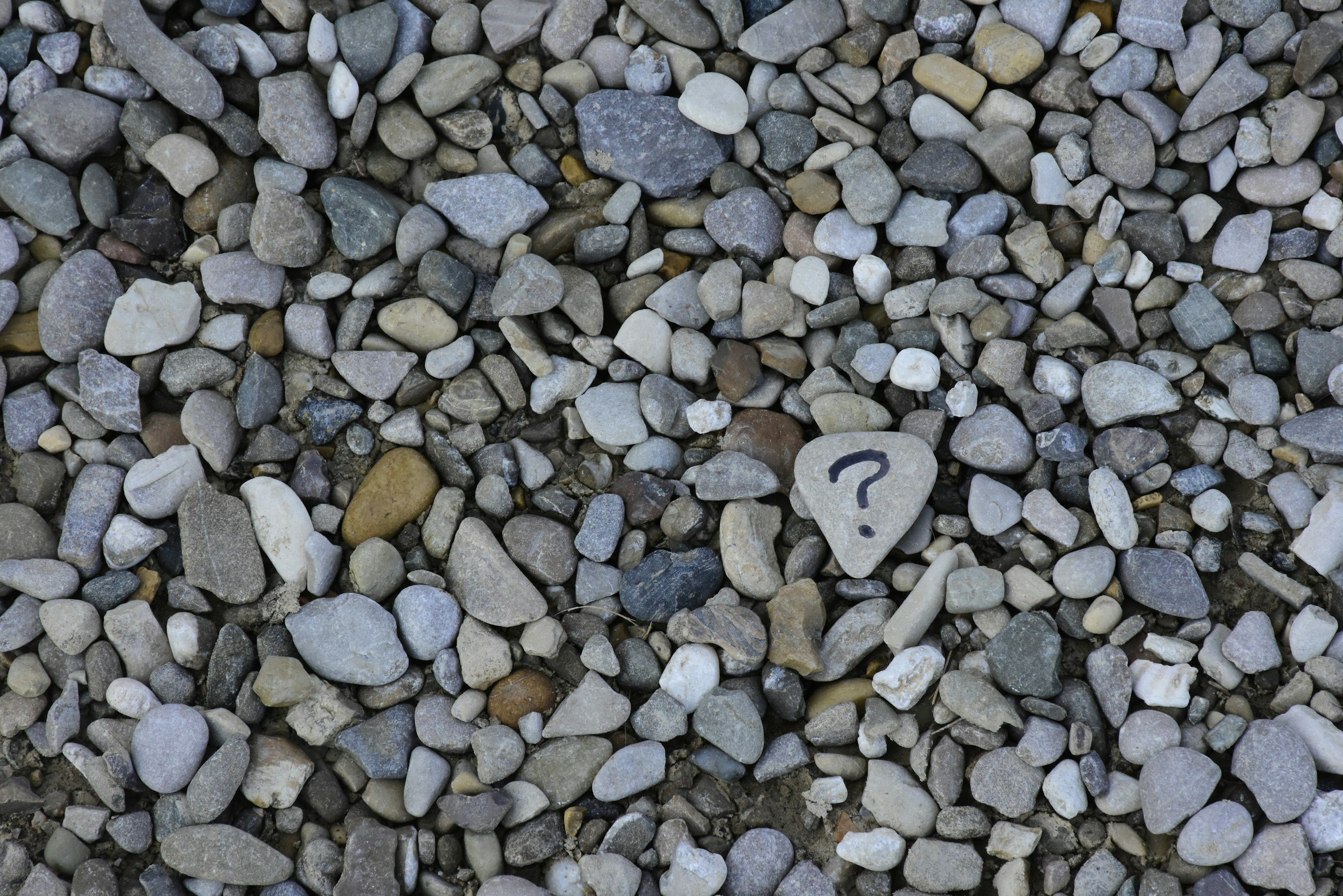
Frequently asked questions
Septic System Questions
-
Have your septic system pumped and inspected at least every three to five years by a professional. Alternative systems with mechanical components may require more frequent inspections.
-
Only human waste and septic-safe toilet paper should be flushed down the toilet. Avoid disposing of items like cooking grease, non-flushable wipes and feminine hygiene products as they can clog or damage the system. Avoid using garbage disposals excessively, as they increase the amount of solids entering the septic tank, necessitating more frequent pumping.
-
Choose cleaning products labeled as septic-safe to avoid killing beneficial bacteria in the system. Harsh chemicals can disrupt the treatment process and lead to system failure.
-
Be alert to warning signs such as slow drains, sewage backups, foul odors, or unusually lush vegetation over the drainfield, indicating potential system issues.
-
Bio-One is a 100% natural, bacterial-based drain and septic system cleaner that safely breaks down fats, oils, grease, and food waste. It's safe for people, pets, and pipes—and one bottle provides up to 32 regular treatments.
R-D Root Destroyer is a concentrated root killer uses copper sulfate crystals to clear and prevent root blockages in sewer lines. The slow-dissolving crystals maximize contact with roots for effective removal—without harming trees, shrubs, or surrounding vegetation.
PT-4 Degreaser is utilized when septic tanks have been compromised by salt erosion. PT-4 is formulated to address and mitigate the effects of salt-induced damage, helping to maintain the integrity of the septic tank and prevent further degradation.Contact the office to order your products! 509-529-3044
-
Keep vehicles and heavy equipment off the drainfield area to prevent soil compaction and damage to underground pipes. Additionally, avoid planting deep-rooted plants or trees near the drainfield to prevent root intrusion.
-
Consider installing risers for easy access to your septic tank lids. This makes inspections and pumpings more accessible and less disruptive to your yard. Call us for a quote!

